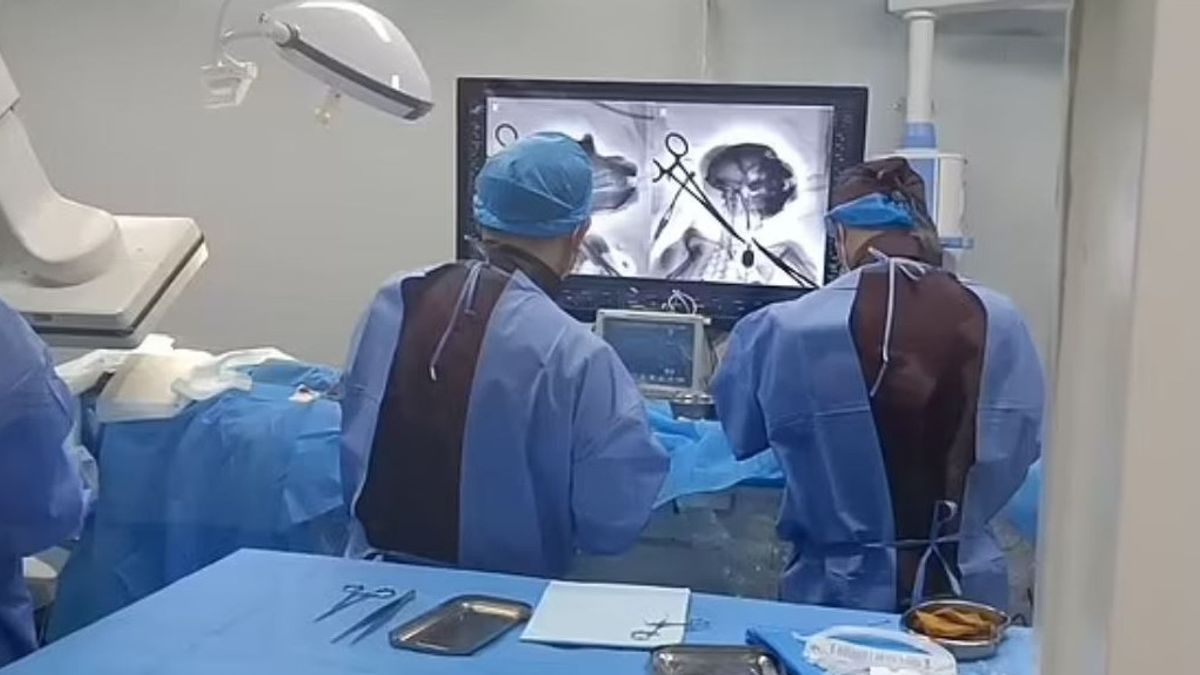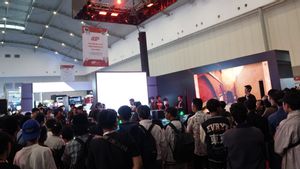JAKARTA - Scientists from China claim to have designed a brain implant that allows a monkey to control robotic arms with only his mind. Researchers from Nankai University shared the announcement on May 5. He declared this a breakthrough that would improve people's lives with disabilities.
These Brain-computers convert electroencephalogram (EEG) signals into animal control instructions to operate machines with attached food. The research has not gone through a survey of colleagues, and claims - which are not independently verifiable - are only available in a statement on the university's website.
"This trial was led by a team of Professor Duan Feng from Nankai University and completed jointly with the General Hospital of the People's Liberation Army of China (Hospital 301) and Shanghai Xinwei Medical Technology Co., Ltd," the announcement read.
"This research is a follow-up result obtained based on previous brain-computer intervention experiments. The introduction of EEG signals and other core technologies," the report said. quoted by the Daily Mail
"The brain surface of the intervention computer developed by Professor Duan Feng's team, through intervention operations, attaches an intervention EEG sensor to the walls of the monkey's brain blood vessels and can collect intracranial EEG signals without a kraniotomi," the researchers said in the announcement. "The brain-computer interface is non-invasive, considering the safety and stability of recognition."
VOIR éGALEMENT:
The intervention EEG sensor passes through the jugularic veins, enters the sagital sine, and reaches the brain area of the motor cortex. After surgery, the EEG signal was collected and recognized, so that animals can control robotic arms actively.
"The results of brain-computer intervention experiments carried out on the brains of non-human primates have promoted the advancement of an interventional brain-computer interface from laboratory prospective research into clinical applications, and will help promote it," said Professor Duan Feng, quoted by the Daily Mail.
"Increasing the medical company's industry, through a combination of medicine and industry to create a national brand of high-end medical equipment, will have wide market prospects in the field of medical rehabilitation of brain disease in the future," he added.
While researchers have not released a complete study, other companies have tested their implants in humans - and provided evidence that they have succeeded. Inner Cosmos announced their 'digital display' in January which aims to cure depression and is now in the first human patient.
The English, Chinese, Japanese, Arabic, and French versions are automatically generated by the AI. So there may still be inaccuracies in translating, please always see Indonesian as our main language. (system supported by DigitalSiber.id)













